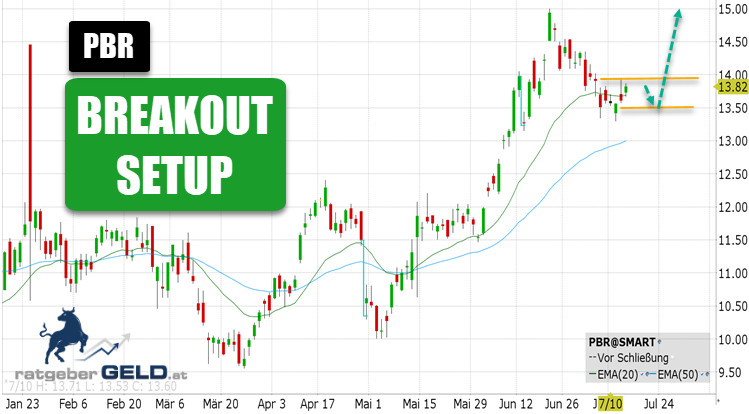[ad_1]

© Reuters. A view of the Central Enterprise District and surrounding metropolis is seen from the Sydney Tower Eye statement deck because the state of New South Wales continues to report low numbers for brand new each day instances of the coronavirus illness (COVID-19), in Sydney, Australia
By Lewis Jackson
SYDNEY (Reuters) – An Australian actual property funding belief (REIT) has restricted how a lot buyers can withdraw from one in all its largest workplace funds citing “difficult property situations”, within the newest signal of hassle for the embattled industrial property sector.
Buyers within the unlisted A$2.5 billion ($1.72 billion) Constitution Corridor Direct PFA Fund acquired solely 1 / 4 of what they requested throughout a once-every-five-year window to withdraw their cash late final 12 months, in response to a July replace on the Constitution Corridor Group web site.
Australia’s fourth-largest REIT had marketed a number of properties to fund the remaining 75% of money withdrawals requested, however “gross sales had proved difficult” and additional redemptions could also be delayed till mid-2024, the web site stated.
The delay in redemptions exposes the bind dealing with REITs with unlisted funds like Constitution Corridor: they want money to pay out nervous buyers and fund new initiatives however are reluctant to promote properties or faucet fairness markets in the course of a industrial actual property downturn.
Constitution Corridor didn’t instantly reply to a Reuters request for remark.
On its web site Constitution Corridor stated the fund would “solely promote belongings for costs that mirror honest worth and given the decrease gross sales volumes within the workplace funding markets, gross sales have proved difficult”.
One other REIT and Australia’s largest workplace landlord Dexus final month bought a premium downtown Sydney workplace block for a 17% low cost on a valuation made six months earlier.
Constitution Corridor joins the likes of BlackRock (NYSE:) and KKR in curbing withdrawals from unlisted property funds as buyers attempt to exit the industrial property sector which is dealing with its steepest valuation declines in additional than a decade.
Emptied throughout COVID-19, the shift to dwelling working has made workplace blocks sluggish to refill. In the meantime, larger rates of interest have slashed property values simply as debt will get dearer to service.
The one-two punch has crushed shares of listed REITs. The Australian and U.S. REIT benchmark indexes are down roughly a fifth since highs on the finish of 2021. In the meantime the broader Australian index is off 2% over the identical interval.
However unlisted fund valuations have declined extra slowly, creating an incentive for buyers to drag cash out whereas a chunky premium over listed equivalents stays, in response to fund managers with investments in REITs.
In June, BlackRock once more restricted redemptions from its Actual Property Revenue Belief (BREIT) for the eighth month in a row.
($1 = 1.4510 Australian {dollars})
[ad_2]
Source link






